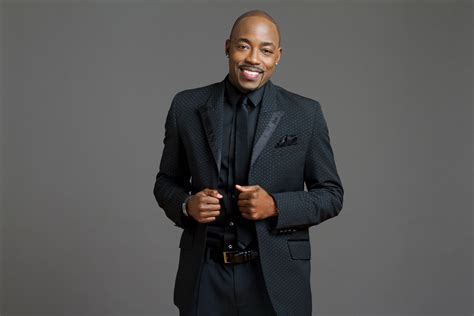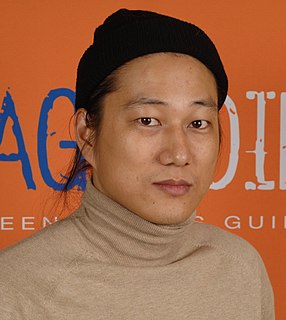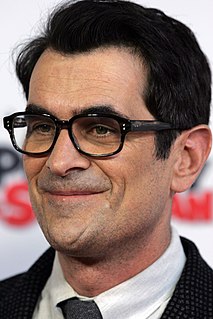Цитата Нила Бломкампа
Когда студия нанимает молодого режиссера для создания фильма стоимостью 125 миллионов долларов, основанного на ранее существовавшем объекте интеллектуальной собственности, он попадает в мясорубку. И то, что вы получаете с другой стороны, — это обычная, тщательно контролируемая студией куча мусора, которая в конечном итоге оказывается на обертке Burger King.
Связанные цитаты
Я никогда не был в положении, когда этот разговор был серьезным разговором еще до выхода фильма. С одной стороны, это так здорово, потому что у тебя такой большой потенциал. Другая сторона этого заключается в том, что существует уровень давления. Теперь это ясно означает, что есть уровень ожиданий со стороны студии, потенциально со стороны аудитории и с нашей стороны.
Я предпочел бы, чтобы меня наняли исключительно из-за моего таланта, а не только для заполнения квоты. Я также не хочу снимать любой студийный фильм только для того, чтобы сказать, что снимаю студийные фильмы — для меня качество материала на первом месте, и если в конечном итоге это приведет к действительно отличному студийному проекту, то это бонус.
Все, на что я когда-либо надеялся, — это свобода выбора и возможность не просто работать, потому что мне нужно платить по счетам. Если можете, проложите свой путь в студию в ситуации, когда это поддерживает другую работу, которую вы хотите сделать. Кроме того, в студийных фильмах есть калибр и вес, и я думаю, что в идеале нужно найти правильный баланс: сделать студийный фильм, уйти и сделать что-то меньшее.





































